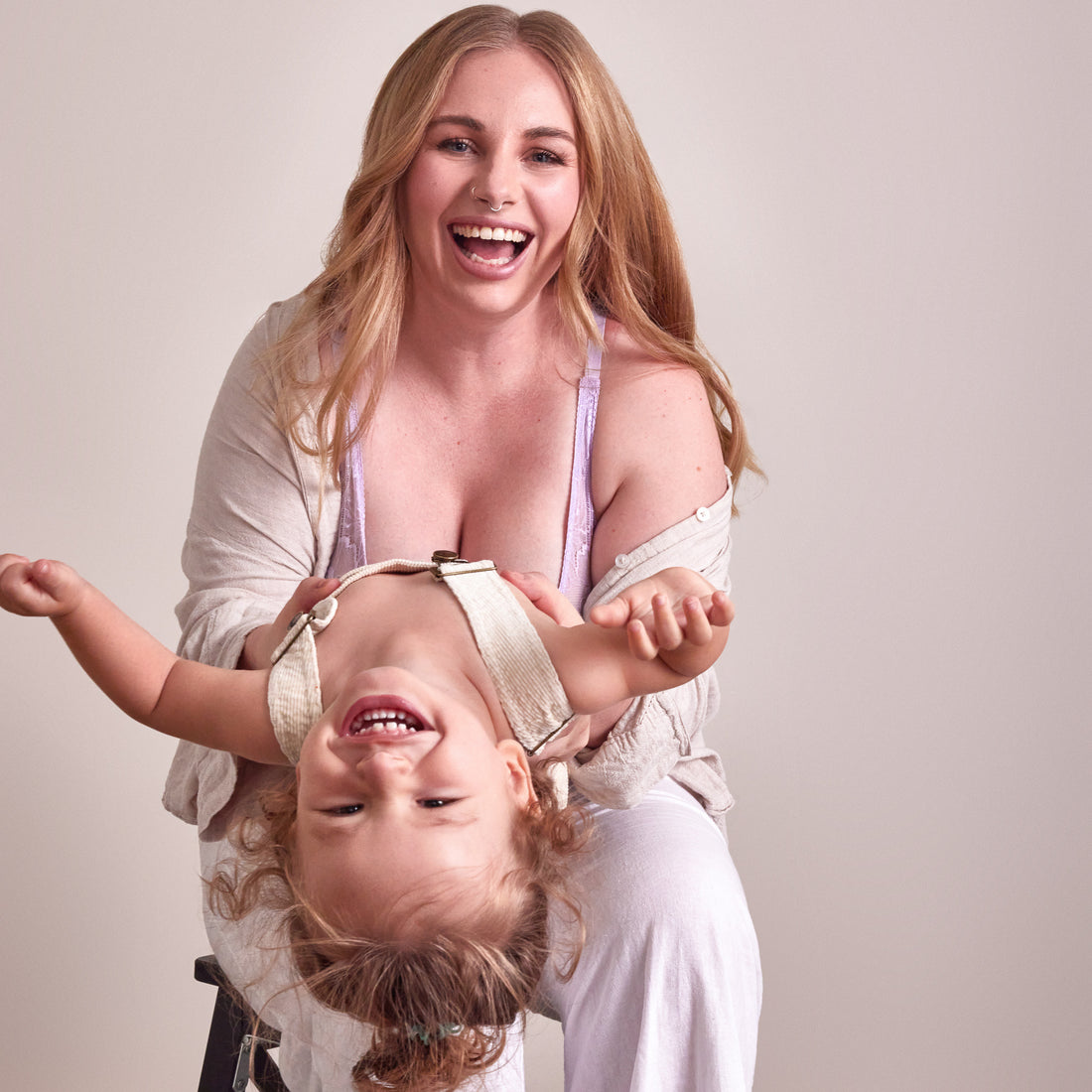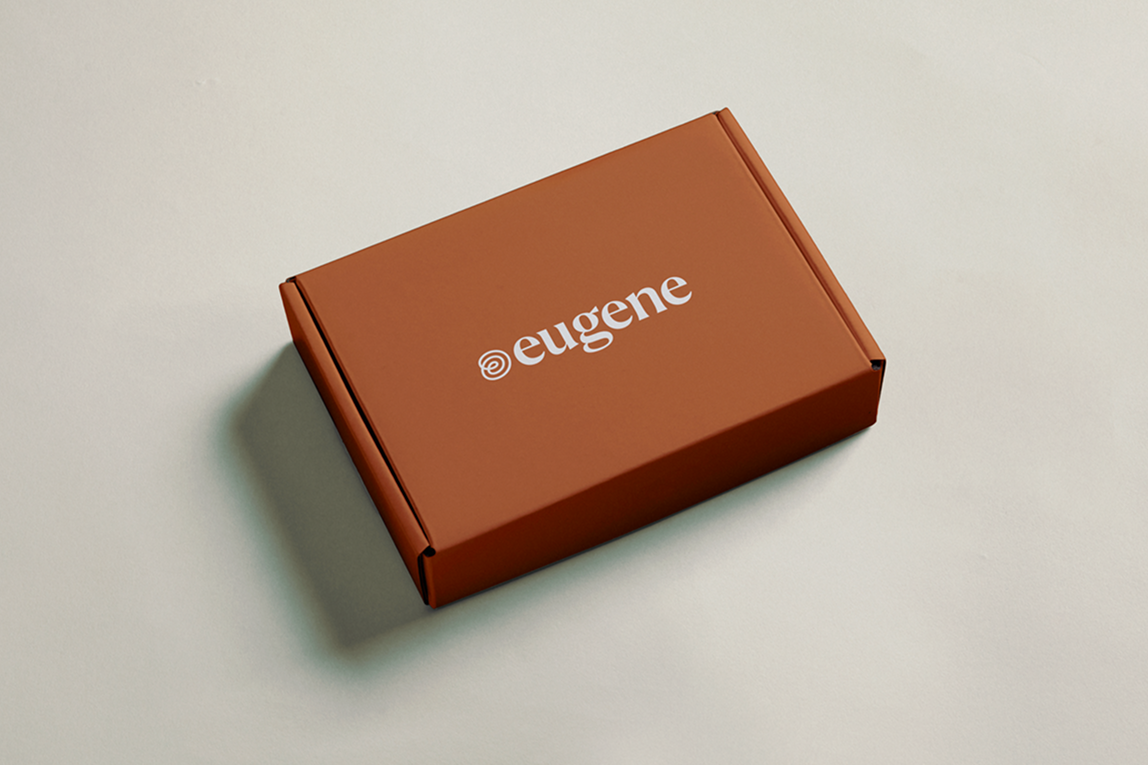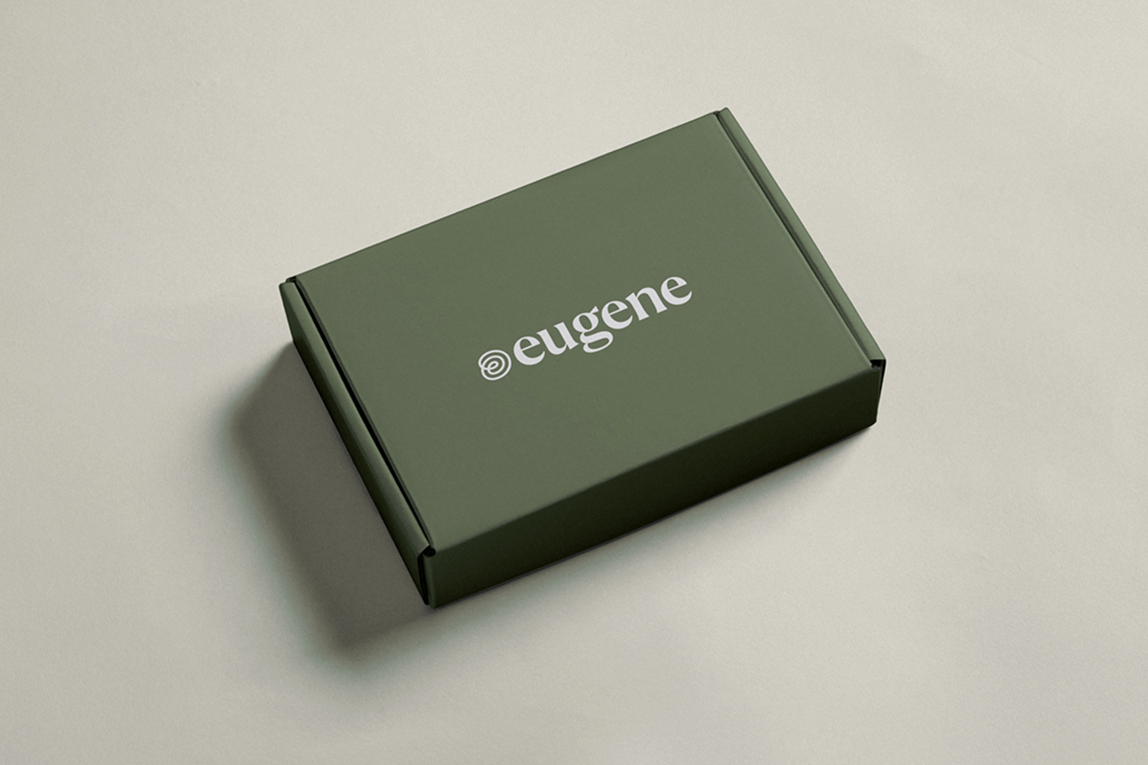Reproductive health
Trying for a Second or Third Child: Is Genetic Carrier Testing Necessary for Your Growing Family?
As families grow and expand, parents often consider their options and make important decisions regarding the health and well-being of their children. One such consideration is genetic carrier screening, a test that helps determine the risk of passing certain genetic disorders to offspring. While the decision to undergo genetic carrier screening is personal, understanding its benefits and implications can provide valuable insights. In this blog post, we explore the relevance of genetic carrier screening when trying for a second or third child. What is Genetic Carrier Screening? Genetic carrier screening is a medical test identifying individuals with genetic variations associated with specific inherited conditions. Typically, these conditions are recessive, meaning both parents must carry the mutation for their child to be at risk. The screening test helps prospective parents assess their risk of having a child with a genetic disorder and make informed decisions about family planning. The Rationale for Genetic Carrier Screening: Knowledge is Power: Genetic carrier screening empowers parents by providing them with essential information about their potential risk of passing on genetic conditions to their children. Armed with this knowledge, parents can make informed decisions regarding family planning, explore available treatment options, or seek genetic counselling for a deeper understanding of the implications. Expanded Screening Panels: Over time, advances in genetic testing technology have allowed for the development of expanded screening panels. These panels test for a broader range of genetic disorders, offering more comprehensive insights into potential risks. Parents can gather extensive information and minimise the chances of overlooking specific conditions by opting for such panels. Changing Genetic Landscape: Even if you have previously undergone genetic carrier screening, it is worth considering that the testing landscape is constantly evolving. New genetic discoveries are made regularly, leading to the inclusion of additional conditions in carrier screening panels. Thus, revisiting carrier screening for subsequent children can ensure that you are up to date with the latest advancements in genetic testing. Potential Implications for Siblings: While you may already have a child without any known genetic conditions, it is essential to remember that genetic disorders can vary among siblings. The genetic makeup of each child is unique, and subsequent pregnancies can carry a different risk profile. Thus, carrier screening for subsequent children can help identify potential risks that may not have been detected previously. It is essential to consider how new information may make you feel about health risks for the children you already have. Seeking guidance from a genetic counsellor can help you prepare and manage how new information can be interpreted and used. In general genetic screening of minors (under 18 years) is not recommended, especially if they are well and there are no apparent differences in their health, growth or development. Genetic carrier screening is a personal decision that depends on various factors, including your family history, ethnicity, and personal beliefs. When trying for a second or third child, revisiting genetic carrier screening can provide valuable insights into potential risks and empower parents to make informed decisions about family planning. By staying informed about the latest advancements in genetic testing and seeking professional advice, parents can ensure the best possible outcomes for their growing families. Remember, knowledge is power, and taking proactive steps can lead to your children's healthier and happier future. Start your preconception plan to grow your family here.
Jessi & Millie Poutama's Baby Journey: Insights from Queer Mums
Planning a family can feel like a giant undertaking. And until you’re in the thick of it, you don’t realise how many questions you will have. If you're ready for a baby as a budding LGBTQIA+ parent, you may even feel a few more considerations and questions, so we thought, who better to relieve those than our favourite Queer Mum, Millie Poutama. Jessi & Millie Poutama are two mums living sustainably off-grid with their toddler Tide and dogs. We love keeping up with their family @jessiandmillie on socials and are grateful to learn about and share their journey to parenthood. We will let Millie take it away... Do you remember the first time you had “that” conversation? The one that starts something like… “I was thinking… that maybe we should try and get pregnant”, or perhaps it sounded something like “, What if I just came off the pill for a few months, and we see what happens?” Or maybe it wasn't a conversation at all; perhaps it was a moment in time, the ding of an email notification about Becky's maternity cover that awoke something in you? or that day when you held your nephew for the first time and you inhaled that indescribable newborn smell and you just knew, you felt it, that feeling of “I am ready.” I remember those moments, those first conversations, the excitement and nervous energy I felt as I casually moved my spaghetti around on the plate, searching for the words, feeling the silence between us before I found the courage to look up at my wife and say “Honey I kinda really want a baby” and I will never forget the smile on her face when she said, “me too.”So what next?If you were anything like us, perhaps you excitedly poured a wine, grabbed the laptop, and started browsing sperm donors, reading the profiles, and laughing as we disagreed about wanting a donor that could play classical piano v’s one who played rugby. Maybe you started a Pinterest board of nursery decor. Maybe you ran out to the shops and bought your first 0000 onesies. Maybe you googled the best prenatal vitamin available and clicked add to cart. We did all those things and have no regrets because part of planning for a baby is about all those moments of joy, expectation, anticipation and genuine hope [or possibly naive belief] that everything will go to plan. Some couples try to conceive for years…Some people have miscarriages…Some people have children born with a disability or a genetic condition……but that won't happen to usBut what if it does?Those things did happen to us, but we wouldn't change it because, in November 2021, we welcomed our beautiful baby Tide Koha, who is perfect in every way. There are still some things, however, that I desperately wish I had known at the start of our journey. If you are reading this at the beginning of your baby journey, here are four things I wish someone had told me… Having a baby is a marathon, not a sprint, and while there will always be some people that cruise to the finish line, barely breaking a sweat and accepting their “medal” with relative ease, unfortunately, this will not be the case for many. Does that mean we aren't going to run the race? Of course not. Just know that if you reach the point when your body and spirit are broken, and you’re facing hills that seem impossible to climb, sometimes having a crowd cheer you on is all you need to keep going. Get a support team in place, and get a therapist if you can afford one because, like a marathon, the road to having a baby is mostly what your body can do, but it's often what your mind is capable of that will get you to the finishing line. It is a MUCH more straightforward process to do preconception genetic testing than going through the process of genetically testing your child. If there is one piece of advice I wish everyone would seriously consider is to have preconception genetic testing by Eugene before trying to get pregnant. I talk about it to everyone and anyone as soon as they mention they are trying to conceive. During our IVF process, I remember a brief moment when genetic testing was mentioned, but it was so fleeting that I don’t remember what was even discussed. There was certainly not an explanation of the pros & cons. The Eugene at-home genetic test checks to see if you or your partner/sperm donor carry a rare gene variant that could cause a serious and life-threatening genetic condition in your child. I wish someone had taken the time to explain the importance of genetic testing to me. The peace of mind it can bring or the crucial information it can provide to make informed reproductive choices for your family. The thing about rare gene variants is that they are rare, but when you factor in all the different types of rare genetic variants, collectively, they are common. In fact, for every 40 couples deciding to have a baby, 1 of those couples will both be carriers of the same genetic condition. When a couple are both carriers, there is a 25% chance that the baby could be born with that condition. The Eugene testing process is quick; it's shipped within two business days and takes on average 3-6 weeks from the day they receive your sample to get the results back and schedule your appointment with a genetic counsellor to learn about your results and have an opportunity to ask any questions. When our son was diagnosed with moderate to severe developmental delays, we were told a genetic condition could be the cause. We did a Eugene test because we knew it would be the quickest way to get some reassurance before planning our next round of IVF and for our future babies. Thankfully the Eugene test showed none of the most common severe genetic disorders were shared by both myself and the donor, which gave us much-needed reassurance to start talking about a sibling for Tide.It is worth mentioning that the Eugene test did, however, show a couple of conditions, which, had we chosen another donor who just so happened to also carry them, then it could have been a very different outcome and really shows the importance of pre-conception testing between partners or donors. We are currently going through the process of genetically testing Tide with the children's hospital. We are six months in and have been told to expect final results in another six months. In comparison to the quick results from Eugene, the genetic and chromosome testing rounds with the children's hospital have taken a very long time. Enjoy the ride and find joy in the little things. Don’t get me wrong; this isn't about toxic positivity because some days aren’t going to be joyful; in fact, some days might suck. But finding the smallest moments of joy, even on the hard days, can make the biggest difference to your mindset and overall mental health. Have a preconception, baby moon. Don’t wait until you are heavily pregnant and can hardly move to go to a hot country where you can't drink the margaritas. When you decide to have a baby, if you have the opportunity, take the holiday then instead and spend some incredible one on one time to kick-start your baby-making journey. For more information about starting your baby journey with the help of Eugene preconception testing, you can click here.
Core, Couples vs Comprehensive Carrier Screening: Which is right for me?
What is Pregnancy carrier screening? Starting a family is a beautiful and exciting time in life. Still, it can also come with many unknowns - for example, how adding to the family will impact your relationships, finances and professional aspirations. It's also important to consider if there are steps or tests you can take to understand how your genetics could impact your pregnancy or the health outcomes for your children. Genetic carrier screening identifies if you and your reproductive partner have a higher chance of having a baby with a serious inherited condition. This test can be done before or during the first 12 weeks of pregnancy. The earlier you do the test, the better you will understand if there are any important considerations to take as part of your plans. We’ll shed some light on the different tests available and help you decide whether carrier screening is something you would like to consider as part of your pregnancy plans. First, a little bit of biology 101 for context Genes are like genetic recipes influencing everything from physical characteristics to how your body grows and functions. Did you know that all humans are 99.7% the same (their DNA, that is) and that all healthy individuals carry thousands of genetic variations in their DNA, and in most cases, these have no impact on your health? However, we also know where those changes occur, and what those changes do can impact how our bodies interpret the recipes. All healthy individuals carry between 2-5 recessive variations in their genes. With each gene we have in our DNA, we usually have 2 copies - one inherited from our mother and one from our father. Carriers of recessive variations have one copy that functions in the way we expect and one that doesn’t function in the way we expect and could cause a genetic condition. Fortunately, in most cases, carriers are completely healthy because the presence of the first normal copy protects them. Genetic carrier screening helps identify individuals or couples who are at increased risk of having a child impacted by an inherited genetic condition. It does this by testing you and your reproductive partner's genes for the variants that are known to cause certain genetic conditions. Thousands of different inherited genetic conditions can affect our health, but most of them are rare. Genetic carrier screening tests for some of the more common inherited genetic disorders that have a significant impact on a child's health and development, including thalassemia, cystic fibrosis, spinal muscular atrophy, and fragile X syndrome. Reproductive genetic carrier screening differs from routine pregnancy screenings like NIPS, NIPT, or newborn screenings. These test the baby's DNA, while genetic carrier screening tests the parents' genetics. The test can be performed via a saliva or blood sample. Eugene provides access to 3 different levels of genetic carrier screening tests, including a 3-gene core carrier screen, a couples carrier screen that includes +620 conditions, and a comprehensive carrier screen that tests for more than 780. Comparing panels - which test is Best for You? The traditional 3-gene screening panel is a test recommended before or in the early stages of pregnancy. It checks to see if you have a higher chance of passing on 3 of the most common genetic diseases that affect children in Australia. This test has been available since 2012 and includes screening for three conditions: CFTR — Cystic Fibrosis (CF) SMN1 — Spinal Muscular Atrophy (SMA) FMR1 — FragileX Syndrome Research shows that 1 in 20 Caucasian women will be a carrier of at least one of these conditions, and 1200 couples will be at increased risk of having a child affected by one of these conditions. Our newest comprehensive carrier screening panels can check for over +780 genetic conditions. The larger the panel, the more likely you will be identified as a healthy carrier. For example, when screening with our couples carrier screening, we have found that approximately 70% of people find out they are a healthy carrier of at least 1 condition. Additionally, 1 in 40 couples find out they have an increased risk of having an affected child. These larger panels include conditions that are relevant to risks faced by all of us. While many of the conditions are rare - when we add them all together, there is a far greater chance of having a child with an inherited genetic condition than with Down Syndrome. Common conditions screened for in this test are Smith-Lemli-Opitz syndrome, muscular dystrophies, Tay-Sachs disease, Ehlers-Danlos syndrome, and thalassaemia, as well as the 3 core conditions (cystic fibrosis, spinal muscular atrophy and fragile X). It is known that 90% of children born with a genetic condition do not have a family history, so it's best not to assume you are in the clear just because you've never heard of it! If you do have a specific person or family history of a genetic condition, it is important to discuss this with a genetic counsellor or your healthcare provider, as this may influence which panel will provide you with the most accurate risk assessment. International trends suggest that a more comprehensive screening approach is ideal for individuals of all ethnic backgrounds like Asian, Indian, Caribbean, Greek, South East Asian, First Nations or Ashkenazi Jewish ancestry, where a broader range of conditions are screened for. Eugene’s Couples and Comprehensive Carrier Screening takes into account the ethnic and racial diversity of the Australian community. The couples carrier screening has some benefits over the Core(3-gene) screening, such as identifying a broader range of potential risks. However, it may also come with some challenges, Couples Carrier Screening is ideal for nuclear couples planning a pregnancy who are eligible for Medicare & want to get a basic understanding of their combined risk of having a baby with a serious genetic condition. It's our second largest panel, not the most comprehensive, and it isn't right for everyone. If you are interested in knowing your individual carrier status, are doing the test solo, using a donor, aren't eligible for Medicare, have Ashkenazi Jewish ancestry, or simply want to do everything you can to understand your risk of passing a genetic disease to your child, Comprehensive Carrier Screening might be a better option for you. This is a more thorough test that identifies ~80% of individuals as carriers and ~1 in 35 couples as having a high risk result. Comprehensive Carrier Screening is our most comprehensive and inclusive test for individuals and couples who want to get a thorough understanding of their risk of having a child with a serious genetic condition. It's the best option for those who are interested in knowing their individual carrier status, are doing the test solo, using a donor, aren't eligible for Medicare, have Ashkenazi Jewish ancestry, or simply want to do everything they can to understand their risk of passing a genetic disease to their child. At the end of the day, choosing which type of carrier screening to go with depends on your needs and preferences. If you would like to discuss the purpose of testing, likely outcomes and implications of any option with a genetic counsellor to make an informed decision that feels right for you and your family, you can book a time to speak to a Genetic Counsellor here. Important considerations for any test 1. Timing This test is ideal for women before or within their first 12 weeks of pregnancy who want to get a basic understanding of their chances of having a child with a serious genetic condition. For more comprehensive coverage of your risk, our couples and comprehensive carrier screening options covers up to 780+ conditions. 2. Costs When it comes to reproductive genetic testing, the cost of a Core (3 gene) carrier screening panel vs Couples/Comprehensive carrier screening does differ. 3 gene tests are usually more affordable and are used to screen for three specific inherited conditions. Couples & Comprehensive carrier screening, conversely, can be more expensive but detect a larger number of genetic conditions which will provide more information for a larger percentage of families. The decision of which type of test to use depends on your budget and the information you want and need. It is important to understand the cost considerations associated with each type to make an informed decision about which is best for you. Remember, a test is better than no test at all. 3. Impact Choosing to pursue any form of genetic test is always your choice. Eugene’s genetic counsellors can help you to understand your options and how the results may impact your pregnancy plans. You can book a free consult here to speak to a certified Genetic Counsellor.





